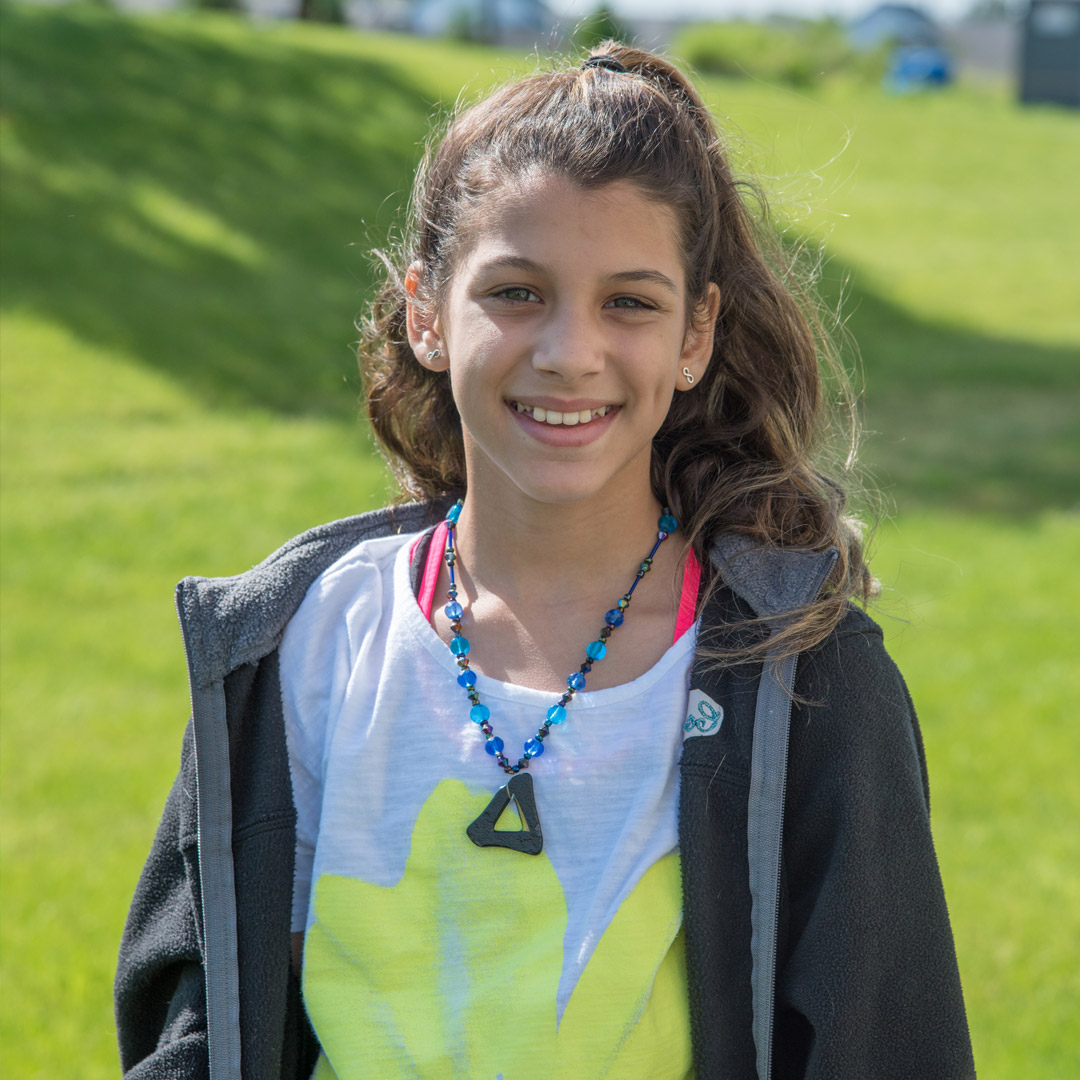
Freedom from homework and days filled with sunshine and a break from routines sound refreshing at first, but weeks and months of unstructured time could be filled with anxiety and stress for children with a learning difference or specific learning disability. If your child has Attention Deficit Hyperactivity Disorder (ADHD), Dyslexia, Autism Spectrum Disorder (ASD), or another executive function or learning difference, these summer success strategies could help him or her thrive in the months ahead. As summer ends and school begins, your child may struggle if learning activities haven’t been practiced each day throughout their summer break.
To help relieve stress for you and your child, and to support students with learning differences between their academic school years, The Janus School shares tips to set everyone up for success this summer.
Love the Schedule
While relief from homework and that pesky morning alarm can be freeing, abandoning a schedule entirely can backfire. During summer vacation, The Janus School recommends keeping to a set schedule each day (including elements like a standard wake-up time, meals at the same time, and activities or downtime scheduled consistently) to help relieve stress in your child. Having a routine (which also includes a consistent sleep schedule) can help keep emotions positive, improve organization, and ease the transition back to school, reducing meltdowns and making the process easier on the whole family. Planning activities on particular days of the week, such as visiting the park on Mondays or working on crafts on Tuesdays can provide fun and structure to summer downtime.
Set a Goal (or Two)
The haphazardness of days without working toward anything specific can mean your child may lose focus or have trouble getting back into the routine of things when school starts. To combat this, set a few summer goals such as:
- For Fun: Think about finishing a book series together, re-watching a movie franchise, picking every fresh fruit available in the area or another activity you can work toward as a family.
- For Skills: Practice core behaviors – putting shoes in the same place every day or being patient and not interrupting.
- For Learning: Create small goals that add fun to your day such as setting a goal to see how many adjectives you can use to describe dinner each day.
As your child achieves goals and milestones, consider implementing a reward system to reinforce their dedication and accomplishment.
Practice Social Skills
Many students with learning differences have trouble knowing context and making inferences from social situations. Practice “reading-between-the-lines thoughts” to help them strengthen their interaction skills. For example, ask them why someone did something, or how they plan to accomplish something. Keep questioning and watch them learn as they practice.
Prepare for Transitions
Even the most well-adjusted child struggles with transitions at times. Keep this in mind when communicating with your child about their new summer schedule. Talk with them about how their day will look and what they will need to do to prepare for specific activities. Explain why things will happen when they will, especially if time will be tight or something will be out of the ordinary, such as, “Mrs. Smith will be watching you this afternoon while I am at the doctor with your sister.” If you’re consistently proactive, it will make the whole summer go more smoothly.
Stay Active Together
There are so many opportunities to enjoy summer as a family, while continuing to help your child develop their learning abilities.
- Practice language skills by writing letters to friends and family.
- Host your own family lip sync, karaoke night or just blast your child’s favorite tunes in the car and sing along (and enjoy some vocabulary-building fun at the same time).
- Check out an audio book from the library to practice important listening skills (also a great companion on long summer car trips).
- Cook a recipe together to help your child practice important reading and direction-following skills.
- Have your child build a backyard obstacle course and see how fast they can run through it. This inspires creativity and gets them moving.
Interested in Learning More? Reach Out.
Summer can be the best combination of freedom and fun. It also offers the opportunity to incorporate purposeful activities to help children with different learning styles or learning disabilities learn and grow. With a little more research, many families will also find local summer programs for students with learning disabilities to engage in these strategies for summer success. For more ideas on how to engage and help students with learning differences enjoy a summer of learning and growing, while being prepared for next school year, get in touch with us today!
If you’re looking at private schools for learning disabilities, contact us to learn more about Janus’ mission to empower students with learning differences (a language- or math-based learning disability, ADHD, autism spectrum disorder (ASD), executive function difficulties (EFD), nonverbal learning disorder, or auditory processing disorder) to become lifelong learners and problem solvers by giving them the skills, strategies, and confidence to achieve academic and personal success. The Janus School is a private school located in Mount Joy with students from Dauphin, York, Lebanon, Lancaster, Berks, and Cumberland counties and beyond.